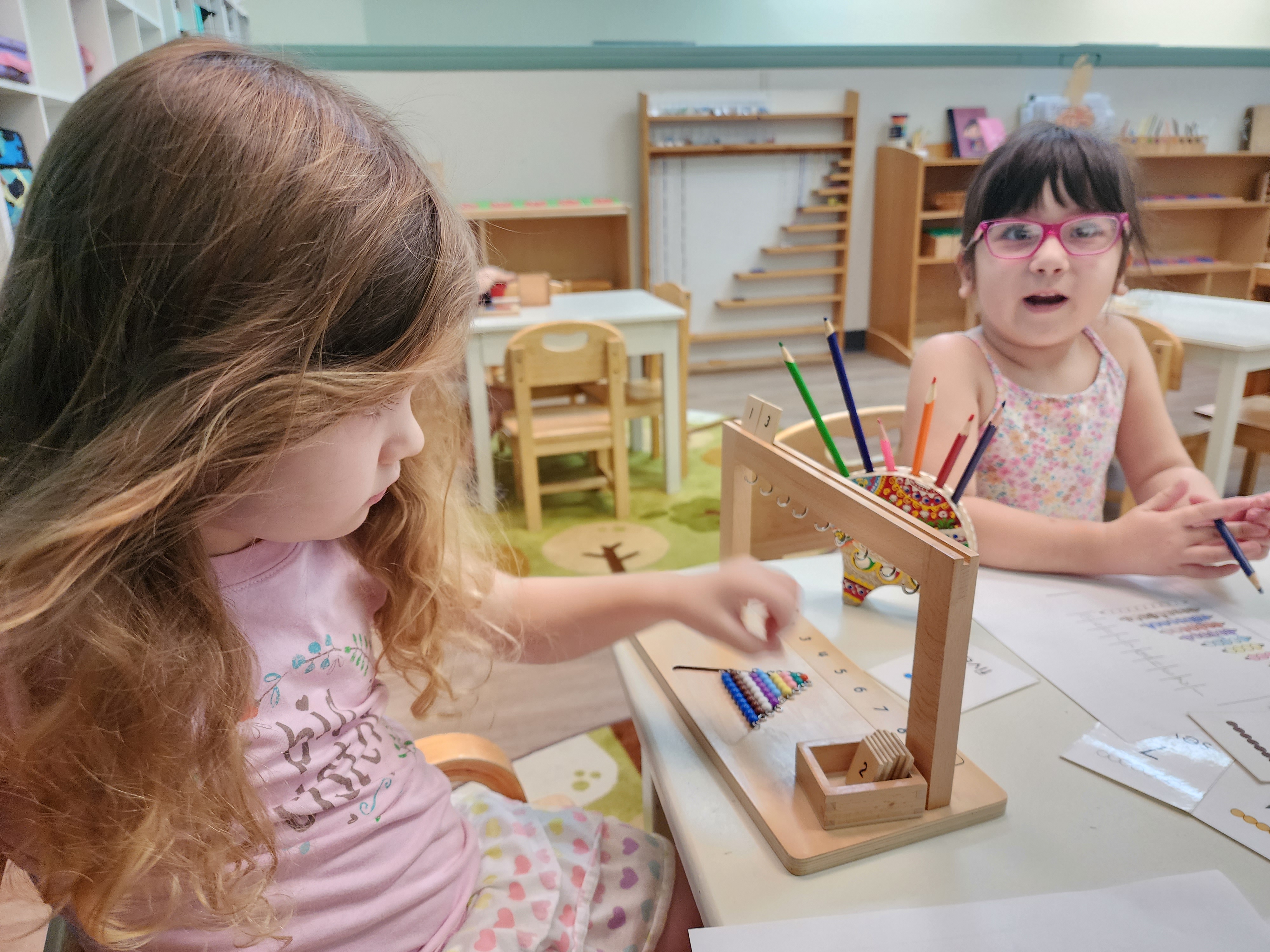
Montessori education is known for its child-centered approach and focus on holistic development. In a trilingual Montessori environment, children are not only immersed in a rich learning experience but also have the opportunity to become multilingual scholars. From the early toddler years, Montessori students are guided to explore and learn in multiple languages, nurturing their growth in a unique and stimulating way.
The Montessori Approach to Language Learning
Montessori education emphasizes the importance of language development from an early age. In a trilingual Montessori environment, this focus on language learning is amplified as children are exposed to three different languages on a daily basis. If you are looking for a Montessori mandarin preschool for your kids, you may visit BeiBei Amigos. Here are some key aspects of the Montessori approach to language learning:
Child-Led Exploration
- Children are encouraged to explore language at their own pace
- Hands-on materials support language acquisition
- Teachers act as guides, facilitating language learning through interactive activities
Multisensory Learning
- Language learning is integrated with sensory experiences
- Children engage with language through sight, sound, and touch
- This approach enhances memory retention and understanding of language concepts
Benefits of a Trilingual Environment
Being part of a trilingual Montessori environment offers children a range of benefits that contribute to their overall development. Here are some advantages of learning in a trilingual setting:
Cognitive Development
- Research shows that multilingual individuals have enhanced cognitive abilities
- Learning multiple languages stimulates brain function and improves problem-solving skills
- Children in a trilingual environment develop strong executive functioning skills
Cultural Understanding
- Exposure to different languages fosters cultural awareness and appreciation
- Children learn to respect and celebrate diversity through language learning
- Being multilingual opens doors to understanding different perspectives and ways of life
Strategies for Nurturing Growth
Teachers and parents play a crucial role in nurturing the growth of children in a trilingual Montessori environment. Here are some strategies to support the development of multilingual scholars:
Consistent Language Exposure
- Ensure that children are consistently exposed to all three languages
- Provide a rich language environment both at school and at home
- Encourage language practice through daily routines and activities
Celebrating Diversity
- Organize cultural events and language celebrations to highlight the importance of diversity
- Invite guest speakers or organize virtual exchanges to expose children to different languages and cultures
- Encourage children to share their own cultural experiences and linguistic heritage
Individualized Support
- Recognize and celebrate each child's unique language learning journey
- Provide additional support for children who may need extra help in certain languages
- Offer a variety of language resources and materials to cater to different learning styles
Embracing Multilingualism for Future Success
As children progress from toddlers to scholars in a trilingual Montessori environment, they not only develop proficiency in multiple languages but also gain a deeper understanding of the world around them. Embracing multilingualism paves the way for future success by equipping children with valuable skills and perspectives that will serve them well in an increasingly globalized society.